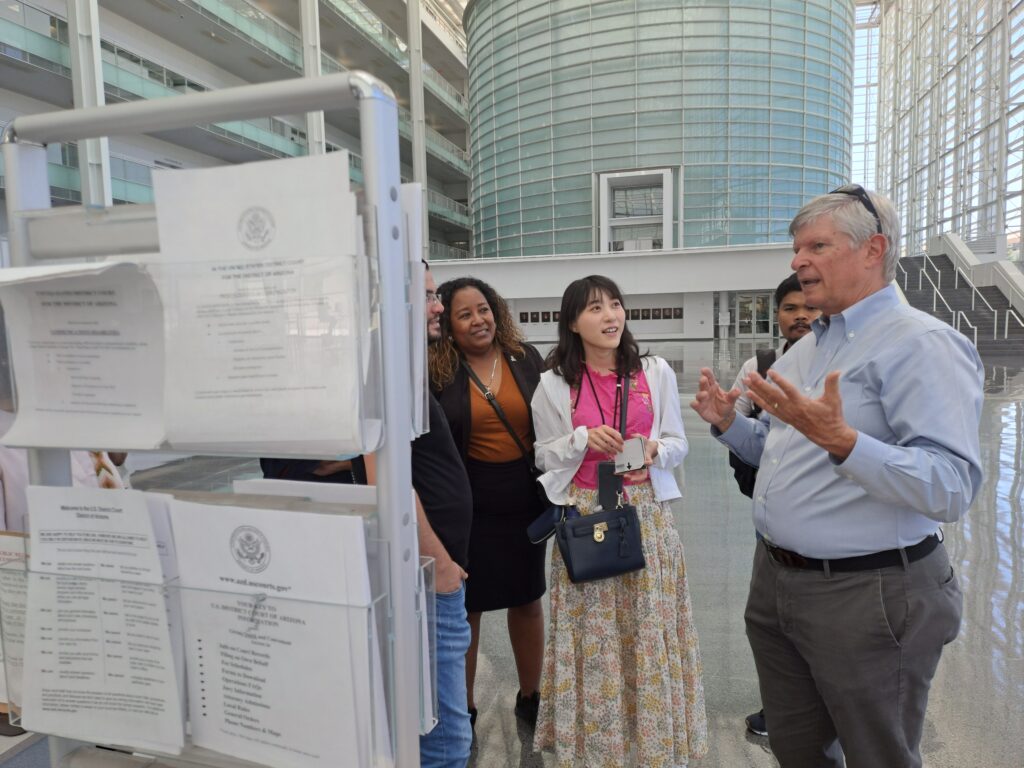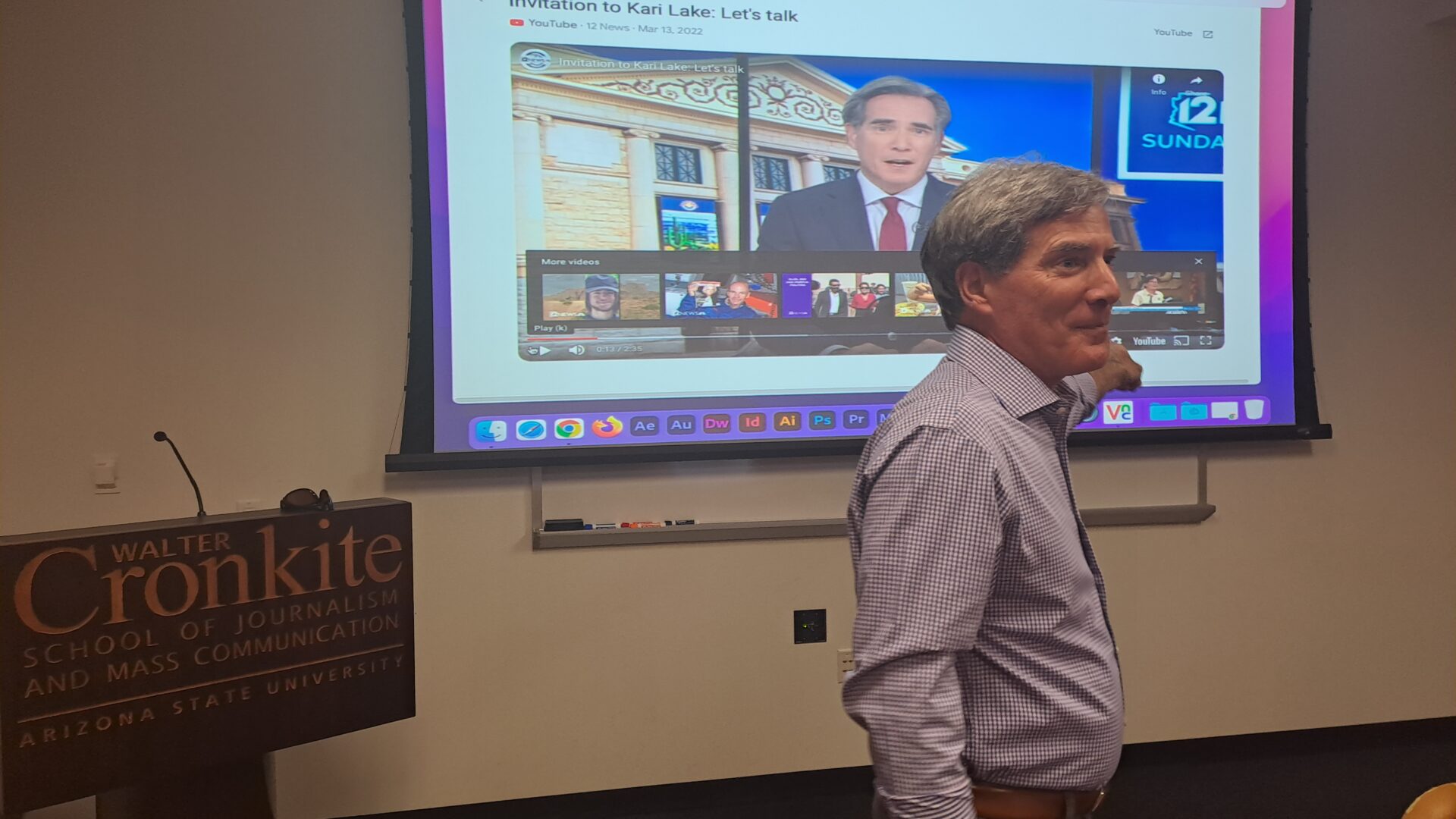Although it may seem hard to believe, journalists and judges share similar challenges when it comes to credibility. Anyone who dislikes an investigative report or a court ruling points directly to questioning the prestige of the professional behind it.
For this reason, in both professions, it is necessary to learn to face criticism with maturity, especially now in times of social media, when part of the audience knows very little about journalism or the judicial system, but at the same time has a digital platform in its hands to comment.
This conclusion also reveals the need for both professions to constantly educate their audiences -though very different- about the facts behind a piece of news, as well as the legal steps and professional constraints of judges when making their job.
A journalist with more than forty years of experience and three state judges, one with just over two decades of being in that position, shared a learning day with the 18 participants of the SUSI Scholars program “Journalism, Technology and Democracy” at Arizona State University, funded by the Department of State.
Reporter and newscaster Brahm Resnik, from channel 12 News in Phoenix, recounted his experiences within the political context of recent years in Arizona, which has changed its historic tradition of Republican voting to include more support for the Democratic party, under highly contested elections, for the Presidency of the United States, and for most state offices.
Then, over a shared lunch, U.S. District Court judges Susan R. Bolton, Diane J. Humetewa and John J. Tuchi spoke about how they overcome the constant claims that they were chosen by this or that president, the news that circulates about their court cases, and the decision to stay away from Facebook, Twitter and even TikTok.

As it was a two-way learning process, the participants from 18 different countries also provided valuable points for the guests, particularly on issues that always arise when it comes to the credibility of the press or judges.
For example, Anida Sokol from Bosnia-Herzegovina noted the importance of balance sheets and ethics in political coverage, and Carmen Barreto from Brazil wondered how to engage the new generation of journalism students in political coverage, because at least in their reality In Latin America, the interests of future professionals are trending towards entertainment and sports.
Elira Turdubaeva from Kyrgyzstan raised mental health as an important issue for the quality of life of judges, without a doubt another point of convergence that also applies to journalists because although the daily tasks of both guilds are and will continue to be very different, always being under the magnifying glass in times of social media requires setting aside valuable time for exercise, family and friends.
